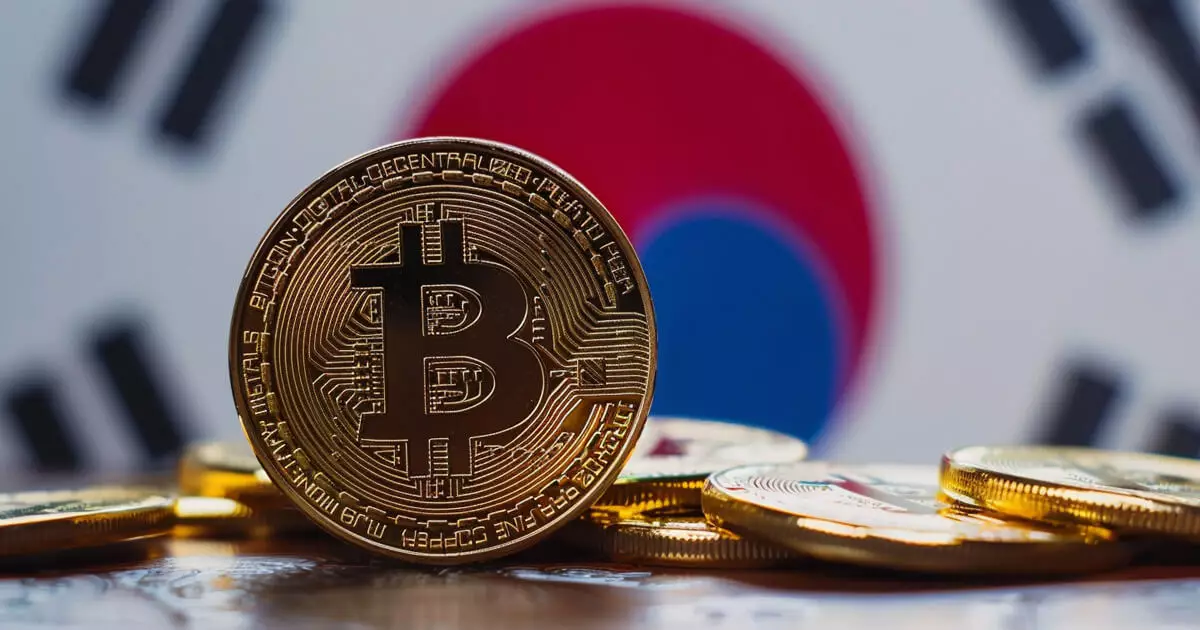On October 10, the Financial Services Commission (FSC) of South Korea unveiled the inception of the Virtual Asset Committee, marking a significant milestone in the nation’s approach to cryptocurrency regulation. This newly formed committee is tasked with the critical job of reviewing and approving spot cryptocurrency exchange-traded funds (ETFs), which have thus far been off-limits under the current Capital Markets Act. The establishment of this committee signals a shift towards a more structured and comprehensive regulatory environment for digital assets in South Korea.
The committee, chaired by FSC Vice Chairman Soyoung Kim, comprises representatives from various governmental departments in addition to nine private sector members, blending expertise from both public and private spheres. Its main function is to provide extensive oversight and guidance on various aspects of the digital assets market, especially concerning issues like the authorization of corporate accounts for cryptocurrency services. Given the historical concerns surrounding anti-money laundering (AML) compliance, current legal frameworks have not favored corporate involvement in the crypto asset space.
In addition to the formation of the Virtual Asset Committee, the FSC has also initiated the Digital Asset User Protection Foundation, a nonprofit aimed at safeguarding users who may face challenges in asset recovery from defunct service providers. This step has been necessitated due to an increasing number of services encountering operational difficulties, leaving users vulnerable to asset loss. Furthermore, as part of its commitment to consumer protection, the FSC is considering the renewal of digital asset service providers, with registrations set to expire by October 2024. Such proactive measures are imperative in fostering trust within the cryptocurrency ecosystem.
Chairman Kim Byung-hwan has emphasized the vital importance of monitoring mechanisms to uphold regulatory requirements, particularly in light of the forthcoming law designed to protect virtual asset users. The FSC is keenly focused on identifying and addressing potential vulnerabilities within the trading monitoring infrastructure, as well as instituting stringent penalties against market manipulations. This emphasis on transparency and fairness demonstrates the agency’s commitment to creating a safe environment for cryptocurrency trading.
Market proponents argue that the approval of spot Bitcoin ETFs could catalyze a significant economic shift, particularly by minimizing the notorious “Kimchi premium,” a term used to describe the phenomenon where cryptocurrency prices in South Korea exceed those in global markets. This premium often arises from local demand outweighing international availability. As noted by CryptoQuant CEO Ki Young Ju, a more open market structure may pave the way for arbitrage opportunities, allowing mutual funds and market makers to capitalize on price disparities.
The establishment of the Virtual Asset Committee and the associated initiatives by the FSC underscore South Korea’s commitment to building a more transparent and accountable cryptocurrency market. By enhancing regulatory frameworks and safeguarding user interests, the country is positioning itself as a forward-thinking player in the evolving landscape of digital assets. As this regulatory framework unfolds, it remains essential to monitor its impact on the market dynamics and consumer behavior within the crypto space.


Leave a Reply